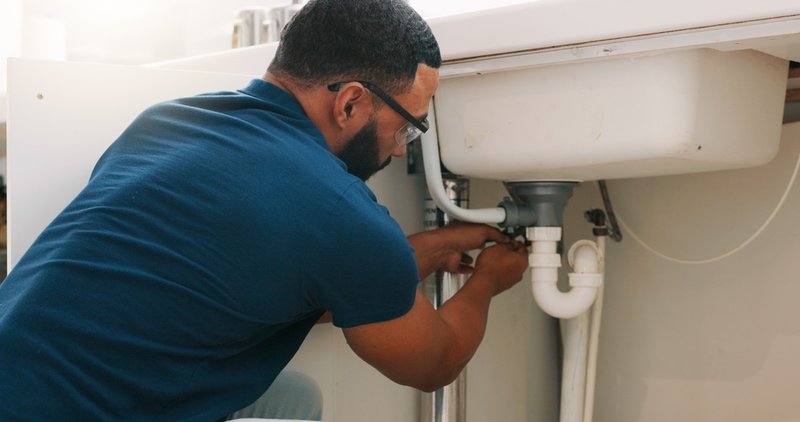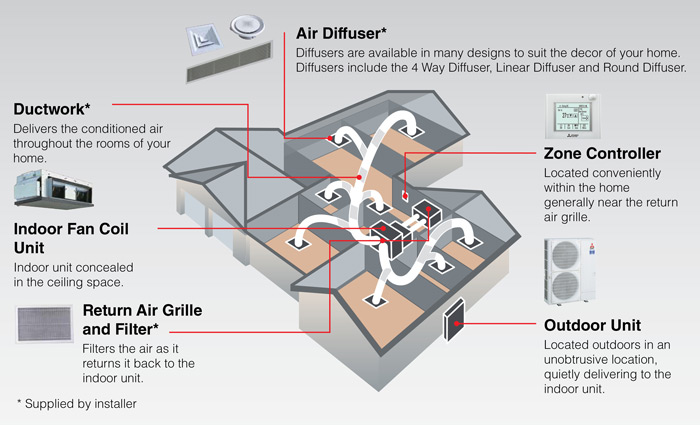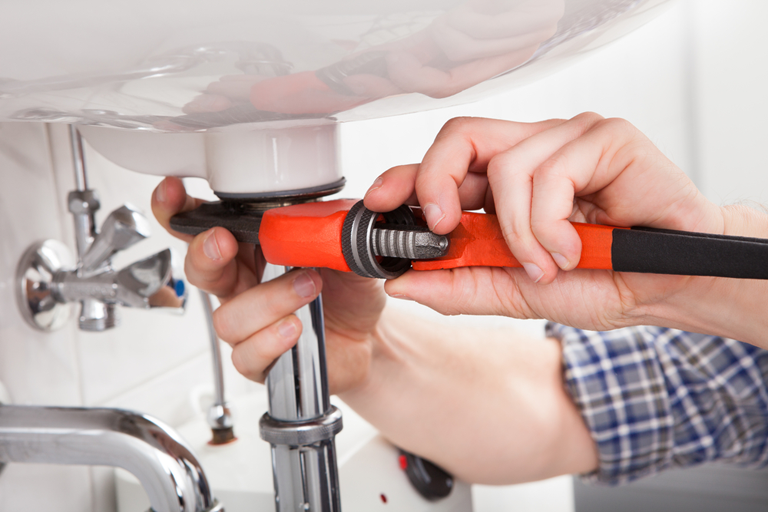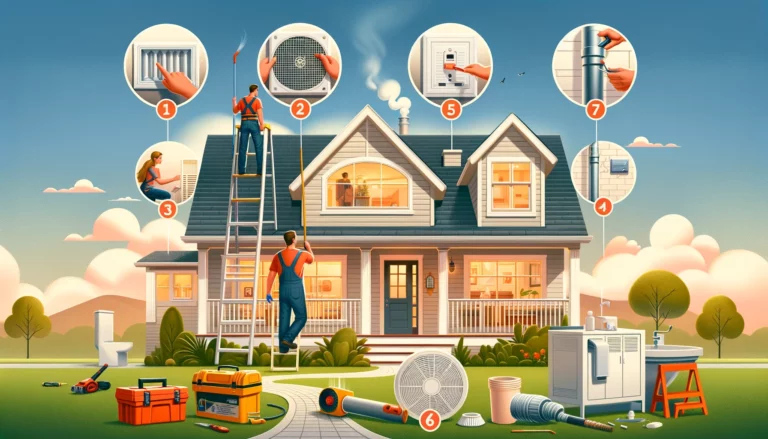How to Make a Receipt for Plumbing Repair?
Creating professional receipts for plumbing repairs is essential for both contractors and customers. This comprehensive guide will walk you through the process of generating detailed, accurate receipts that maintain your business’s professionalism while providing necessary documentation for all parties involved.
Essential Components of a Plumbing Receipt
Every well-structured plumbing receipt should contain these crucial elements:
- Business Information
- Company name and logo
- Complete business address
- Contact information
- License number
- Tax ID number
- Customer Details
- Full name
- Service address
- Contact information
- Date of service
- Service Description
- Detailed breakdown of repairs
- Materials used
- Labor hours
- Individual costs
Step-by-Step Process to Create a Receipt
1. Choose Your Method
Several options are available for creating plumbing receipts:
- Digital invoice software
- Plumbing invoice template
- Customized spreadsheet
- Professional receipt books
- Mobile apps designed for contractors
2. Document the Work Performed
When detailing the plumbing repairs:
- List each task separately
- Include specific parts used
- Document labor hours per task
- Note any diagnostic fees
- Add emergency service charges if applicable
3. Calculate Costs Accurately
Break down the costs into clear categories:
- Materials and parts
- Labor charges
- Service fees
- Trip charges
- Emergency rates (if applicable)
- Tax calculations
4. Add Payment Information
Include these payment details:
- Total amount due
- Payment methods accepted
- Payment terms
- Due date
- Late payment policies
- Early payment discounts (if offered)
Best Practices for Professional Plumbing Receipts
Use Clear Formatting
- Maintain consistent font styles
- Include adequate white space
- Use clear section headings
- Number all pages
- Add your company logo
- Ensure all text is legible
Include Legal Requirements
- Include tax registration numbers
- Add contractor license information
- Note any warranties or guarantees
- Include terms and conditions
- Add disclaimer statements
Provide Service Details
- Time spent on repairs
- Specific problems identified
- Solutions implemented
- Future maintenance recommendations
- Follow-up service suggestions
Digital Tools and Software Options
Modern plumbers can utilize various digital tools:
- QuickBooks
- Wave
- FreshBooks
- Square
- Jobber
- ServiceTitan
Tips for Organizing Receipts
For Plumbers
- Keep digital copies of all receipts
- Maintain organized filing systems
- Use cloud storage for backup
- Create sequential numbering systems
- Track payment status
For Customers
- Store receipts for warranty purposes
- Keep digital copies
- Document payment confirmation
- File for tax purposes
- Save for future reference
Common Mistakes to Avoid
- Incomplete service descriptions
- Missing contact information
- Unclear payment terms
- Illegible handwriting
- Incorrect calculations
- Missing tax information
Benefits of Proper Receipt Documentation
For Business
- Improved professionalism
- Better financial tracking
- Easier tax preparation
- Clear dispute resolution
- Professional reputation
For Customers
- Clear service documentation
- Warranty protection
- Tax documentation
- Property records
- Insurance claims support
When to Issue the Receipt
- Immediately after service completion
- Upon payment receipt
- Before leaving the service location
- Within 24 hours of service
- As required by local regulations
Conclusion
Creating detailed and professional receipts for plumbing repairs is crucial for business success and customer satisfaction. By following these guidelines and maintaining consistent documentation practices, plumbers can ensure smooth operations, proper payment tracking, and satisfied customers. Remember to keep copies of all receipts and maintain organized records for future reference.







